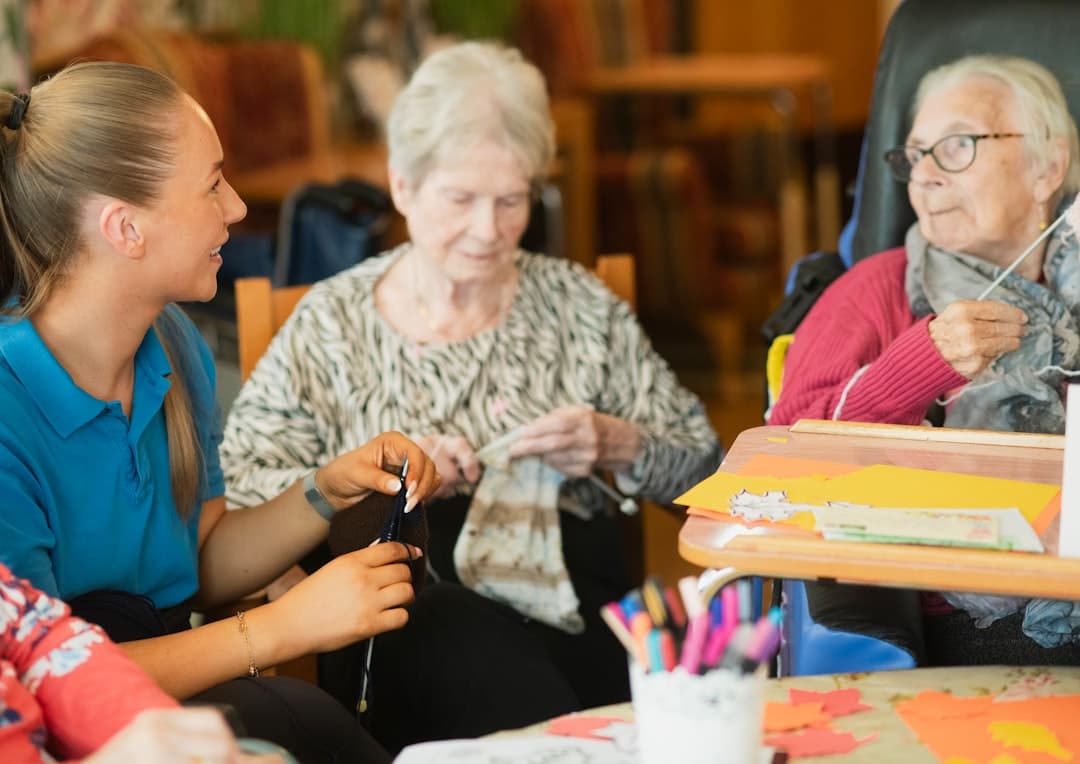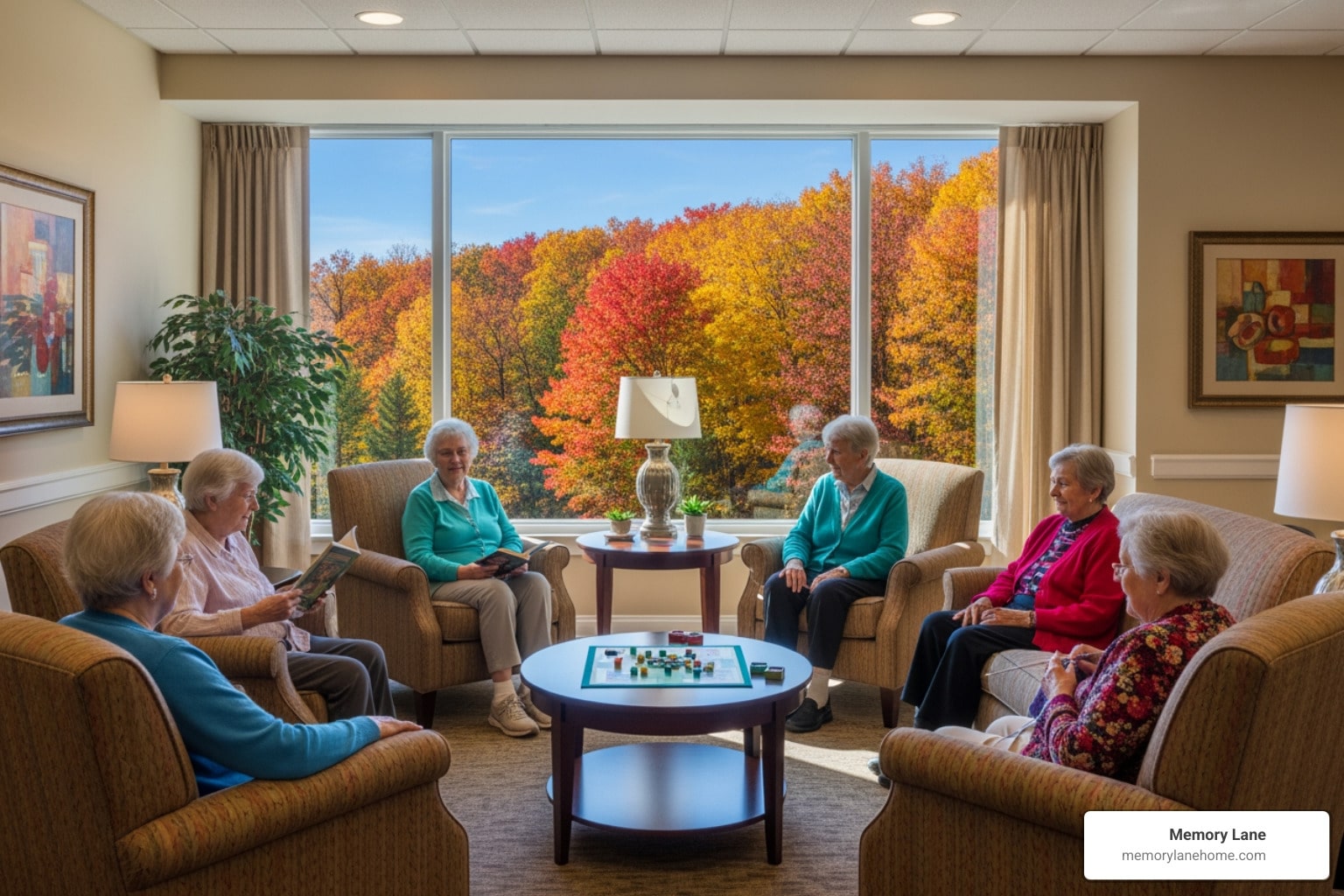Unlock expert steps for a compassionate care plan for dementia patient in nursing home. Enhance quality of life & dignity today.
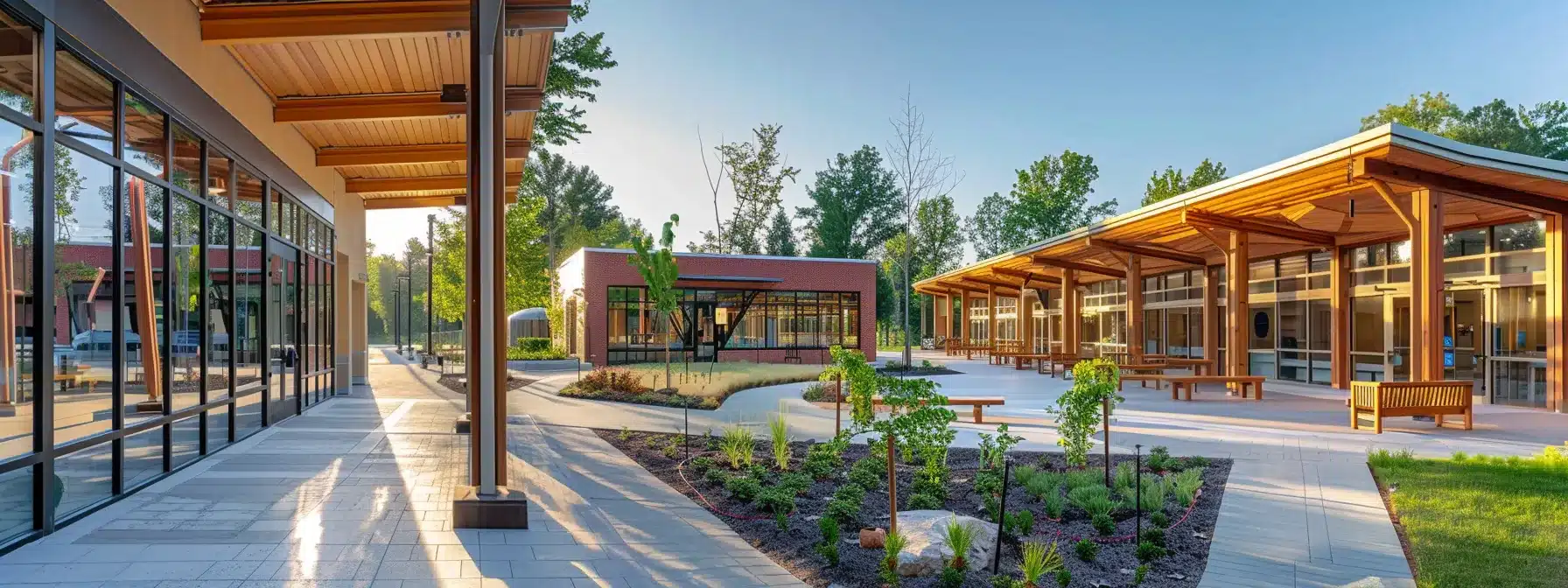
Comprehensive Alzheimer Care Facilities in Michigan
Table Of Contents:
- Premier Alzheimer Care Facilities Offering Memory Support Solutions in Michigan
- Key Takeaways
- Understanding Alzheimer Care Facilities in Michigan
- Evaluating Memory Support Solutions in Michigan
- Finding the Right Alzheimer Care Facility
- Community Support and Resources for Families
- Innovative Technologies in Alzheimer Care
- Success Stories From Memory Care Programs
- Frequently Asked Questions
- Conclusion
Premier Alzheimer Care Facilities Offering Memory Support Solutions in Michigan
Are you struggling to find quality care for a loved one with Alzheimer’s? This post on Premier Alzheimer Care Facilities Offering Memory Support Solutions in Michigan outlines how Memory Lane Assisted Living creates a small residential setting focused on human care. The article covers the benefits of a person-centered approach in dementia care and shares how specialized programs address family concerns. Readers will learn about facility evaluation, tailored care solutions, and available community support to tackle everyday challenges in memory care settings.
Key Takeaways
- specialized memory care centers prioritize tailored interventions and consistent evaluations
- memory care programs focus on daily routines, cognitive stimulation, and community engagement
- family support services assist caregivers with clear, step-by-step guides and available communication channels
- regular facility assessments ensure continuous improvements in structured care routines
- technology tools provide real-time updates for accurate caregiving and efficient operations
Understanding Alzheimer Care Facilities in Michigan
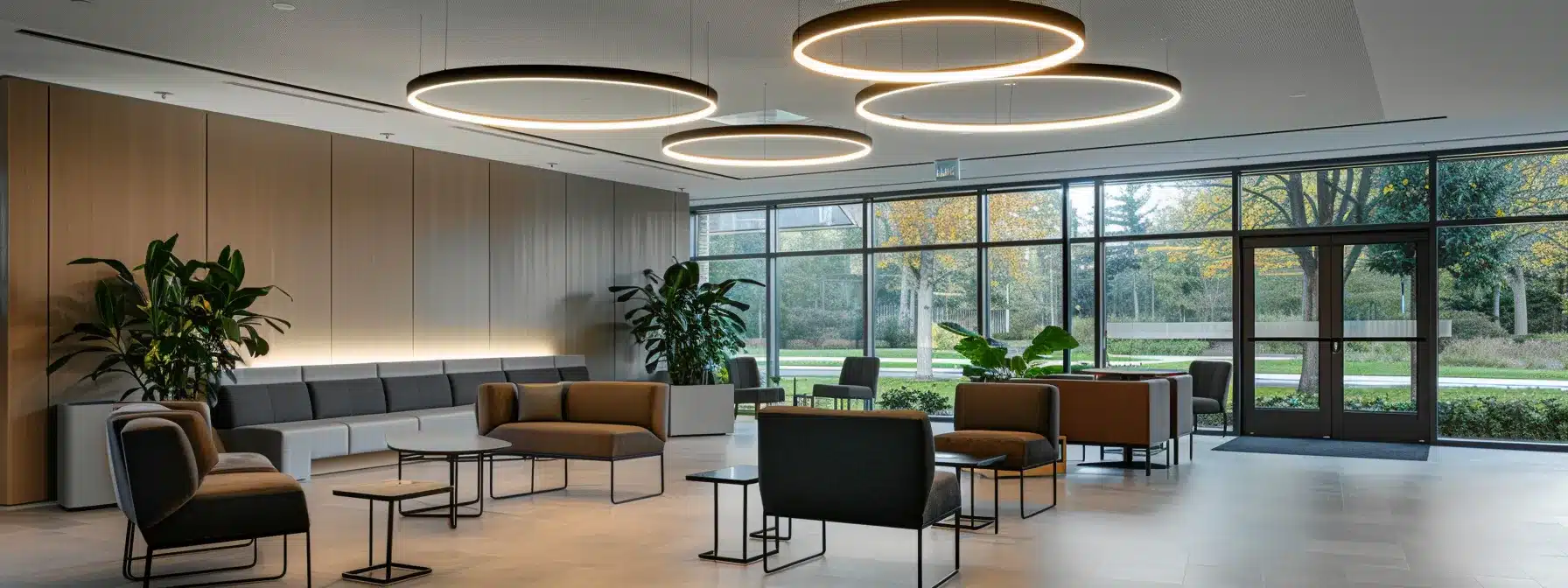
This section outlines key differences between Alzheimer care and traditional senior living options. It reviews memory care costs, key features of premier facilities, and quality standards in memory care programs. Aspects such as medical history management, server reliability, and considerations from Ottawa to veteran needs set these care solutions apart.
Distinguishing Alzheimer Care From Other Senior Living Options
The distinction between Alzheimer care and other senior living options lies in the dedication to memory support and specialized services in Alzheimer care facilities. These facilities integrate refined approaches such as tax credit evaluations and collaborate with trusted institutions like the University of Michigan to ensure that research-backed methods are used to support memory care needs.
Alzheimer care facilities emphasize tailored plans including adult day programs and community support, while also addressing location-specific needs that extend from Wisconsin to other regions. This approach stands out with clear priorities:
- Utilizing tax credit opportunities
- Drawing on University of Michiganresearch
- Supporting adult day solutions
- Ensuring regional relevance from Wisconsin
Key Features of Premier MemoryCare Facilities
Premier memory care facilities in Michigan support residents with specialized dementia care through tailored evaluations that identify and meet individual needs. These care facilities utilize structured systems that include caregiver resources and support from dedicated ombudsmen to ensure consistent quality and attention.
Expert teams in these settings perform regular evaluations to adjust care plans and provide targeted dementia care interventions. They use robust protocols to manage care efficiently, offering caregiver resources and involving ombudsmen to address any concerns, ensuring that residents receive practical and compassionate support.
Quality Standards in Memory Care Programs
Memory care facilities in Michigan adhere to strict quality standards, with care communities emphasizing nutrition and active well-being. This approach guarantees that residents receive professional support similar to adult foster care, as highlighted on memorylanehome.com:
Expert teams maintain a high level of oversight by coordinating regular care reviews and practical adjustments that meet diverse resident needs. The standards at these facilities combine proven methods with user-friendly resources from memorylanehome.com to provide reassurance and clarity for families seeking reliable memory care options.
Care for Alzheimer patients works best when paired with strong support systems. Next, the focus shifts to memory care solutions in Michigan.
Evaluating Memory Support Solutions in Michigan
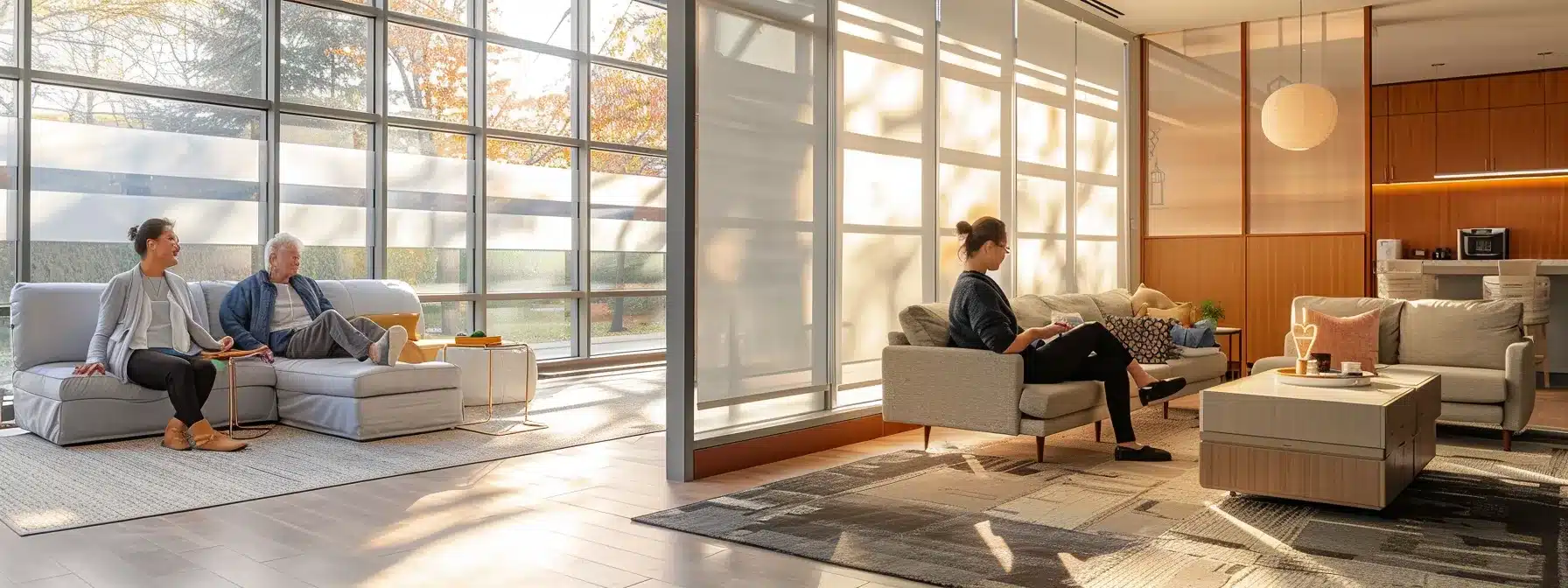
Premier Alzheimer care facilities in Michigan feature diverse memory support programs, practical therapy initiatives, and personalized care plans designed to improve elderly care outcomes. Concrete evaluations include coverage details similar to an insurance policy and insights relevant from north dakota, ensuring that every resident benefits from tailored interventions and structured therapeutic activities.
Types of Memory Support Programs Available
The facilities provide various programs designed to support activities of daily living, ensuring that each resident receives tailored attention from an experienced physician and practical aid in managing memory loss. These programs include structured activities, social engagements, and practical assistance similar to services offered by a local food bank in Wyoming:
The available support programs extend beyond routine care, providing specialized interventions that address both medical needs and social engagement. Recognized experts collaborate with community support systems to ensure residents receive comprehensive aid, reflecting a commitment similar to that seen in dedicated physician care practices and community food banks.
Therapeutic Activities Promoted by Leading Facilities
Leading facilities offer a range of therapeutic activities designed to boost cognitive engagement while addressing legal and financial concerns such as power of attorney, property tax, and emergency plans. These programs provide residents with focused health care support in a nursing home setting to ease everyday challenges.
Specialized sessions include practical guidance on health care decisions and strategies for managing unexpected situations, such as emergency procedures and legal matters. This approach ensures residents receive personalized support that blends practical care with specific services like power of attorney management and property tax advice in a nursing home environment:
Importance of Personalized Care Plans
Personalized care plans play a crucial role in premier Alzheimer care facilities, guiding each resident’s behavior and needs to optimize outcomes. Skilled professionals ensure that every fee is consistently monitored and adjusted by recognizing each individual’s asset to maintain their comfort, including practical supports such as assistance in the bathroom and adapting schedules that accommodate services like meals on wheels.
Tailored care strategies help meet specific demands by focusing on everyday tasks and behavioral cues unique to each resident. The approach allows care teams to fine-tune services and amenities, ensuring personalized support and a balanced fee structure while offering practical comforts for daily living, such as efficient assistance in the bathroom and timely access to meals on wheels.
Memory support in Michigan shows paths that work. Next, finding the right facility brings clear choices for care.
Finding the Right Alzheimer Care Facility
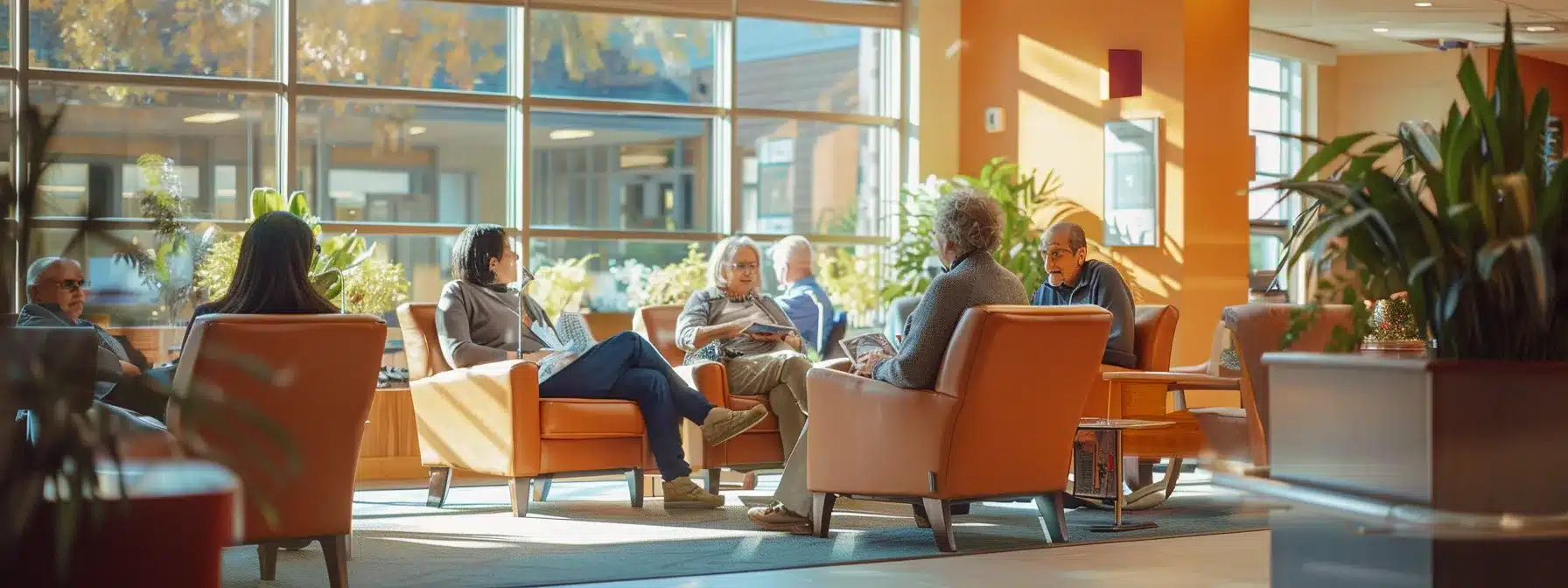
Key considerations include essential questions to ask when touring facilities, precise ways to assess amenities and services, and the value of experienced staff with rigorous training. Insightful evaluations help ensure proper dementia support, safeguard brain health, and address medicaid matters while upholding equal care free of discrimination, regardless of factors such as being from south carolina.
Essential Questions to Ask When Touring Facilities
During facility tours, it is vital to ask questions that clarify operational policies and service offerings, including how inflation may affect fees over time. Inquiries should cover the organization‘s structure, county-based service areas, and specialized geriatrics programs; residents are encouraged to request a staff email address for further clarification:
Facility tours provide an opportunity for prospective clients to gauge the quality of care, the precision of services, and the facility’s readiness to answer specific queries. Asking clear, direct questions supports informed decision-making and builds confidence in selecting a facility that meets individual needs.
How to Assess Amenities and Services
The assessment of amenities and services involves careful review of facility features such as medication management systems, safety measures in senior living spaces, and support programs that benefit family caregivers. An evaluator should consider local resources like those available in Kent to ensure the facility meets practical needs.
The evaluation process should include discussions with staff representing nonprofit organizations and managers who directly address concerns raised by family caregivers:
- Medication tracking and timely dosing routines
- Clean and comfortable living areas designed for senior living
- Comprehensive support programs for family caregivers
- On-site facilities that meet stringent safety standards
Importance of Staff Qualifications and Training
In premier Alzheimer care facilities, staff qualifications and training are crucial in offering a robust memory care program for each patient. Regular physical therapy sessions and comprehensive care strategies help maintain a stable income for both the facility and its residents, ensuring quality service in southeast michigan.
Experienced professionals, with a strong foundation in patient care and physical therapy, play a key role in shaping effective memory care programs. Their ongoing training and expertise contribute to a secure environment where every patient receives attentive support, reinforcing the facility’s commitment to care excellence in southeast michigan.
Choosing a care home shows the strength of steadfast care. Ahead, community bonds and hands-on support await families.
Community Support and Resources for Families
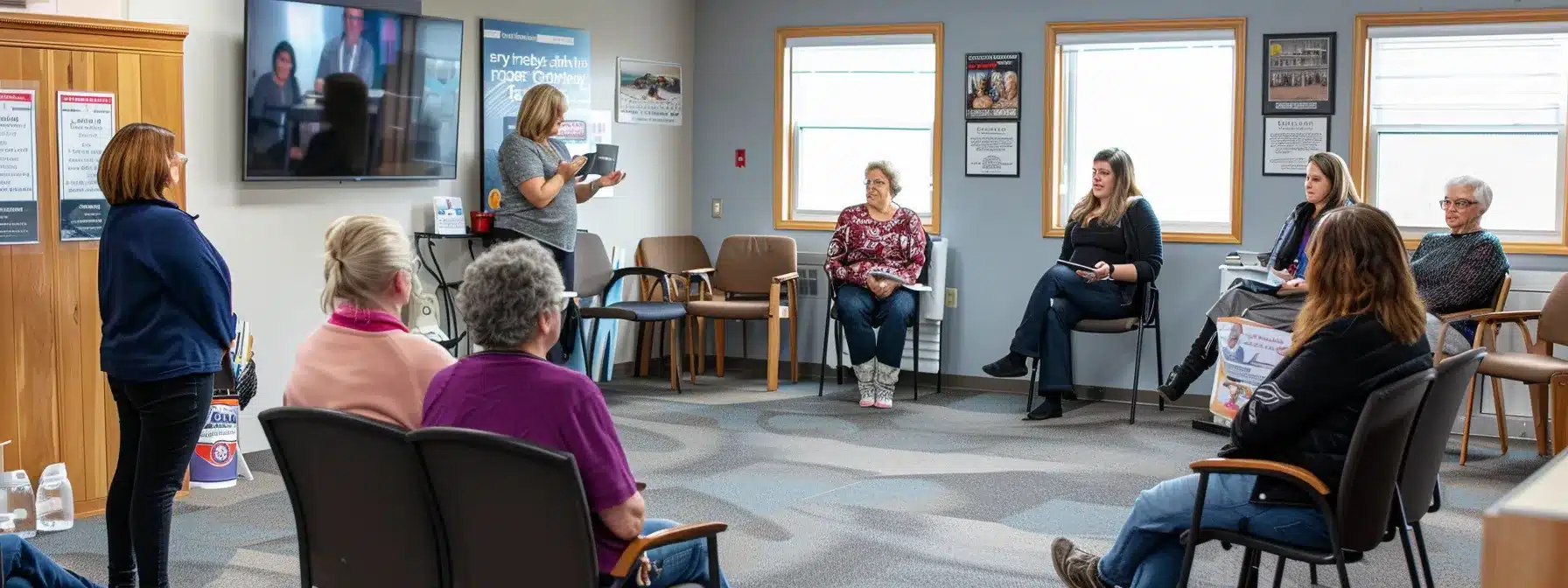
Local Alzheimer advocacy groups, family support services, and educational resources for caregivers provide vital assistance to families. Premier care facilities in Michigan offer expert guidance on senior living options, home care, respite care, and diet plans, supporting veterans and their loved ones with practical insights and clear direction.
Local Alzheimer Advocacy Groups
Local Alzheimer advocacy groups in the region offer tailored support that extends beyond memorycare facilities to include guidance on estate planning and regulation updates. These groups work closely with legal aid professionals and organized programs in indiana to provide families with actionable insights into managing long-term care challenges.
Members consistently share real-world advice that integrates expert perspectives with practical examples specific to Alzheimer care. The advocacy groups foster an environment where family caregivers benefit from structured programs and legal aid resources to clarify estate planning and regulation matters essential for effective memory support solutions.
Family Support Services Offered by Facilities
Facilities in Michigan offer robust family support services that work in close coordination with the michigan department of health and human services to ensure that care homes maintain high standards in alzheimers care and memory care services. They provide clear communication and practical guidance, especially during regular inspection processes, to help families navigate necessary care decisions and regulatory requirements.
These centers deliver personalized assistance designed to address both medical and emotional needs, turning expert insights into actionable support for families facing challenges in alzheimers care. The practical assistance provided by care homes includes coordinated planning and direct access to memory care services, offering peace of mind and clear, step-by-step support during each stage of care.
Educational Resources for Caregivers
Educational resources for caregivers are designed to provide actionable insights and practical guidance tailored for families seeking reliable support. These resources often incorporate input from community action agencies and experts who focus on accessibility and policy, ensuring that caregivers can access up-to-date information and helpful tips in areas such as meal planning and support programs similar to those found in illinois:
- Workshops addressing communication strategies
- Guides on managing daily care routines
- Training sessions focused on operational policy updates
Caregiver educational programs offered by premier Alzheimer care facilities emphasize clear, step-by-step instructions and easy-to-understand materials. These initiatives equip families with the skills to manage care challenges effectively while ensuring practical advice on topics from nutritional support to navigating local community resources.
Families find strength in the support offered by their community and resources. New tools in Alzheimer care step forward, promising fresh ways to protect and engage those in need.
Innovative Technologies in Alzheimer Care
Facility innovations incorporate advanced monitoring systems, virtual support for families, and therapeutic technology enhancements. These updates boost happiness among michigan seniors and benefit retirement and residential care efforts while providing insights similar to reverse mortgage considerations. Each topic supports a more informed approach to memory support in premier Alzheimer care facilities.
Advanced Monitoring Systems Used in Facilities
Premier Alzheimer care facilities in Michigan utilize advanced monitoring systems that integrate health information technology with practical approaches. These systems support residents by offering real-time data for personalized care plans, including music therapy sessions and nursing assessments to ensure a secure environment in each village setting.
The cutting-edge technology provides actionable insights for facility administrators and care experts while addressing concerns regarding health insurance coverage. The solution simplifies daily routines and reinforces safety protocols through tools designed to support nursing practices effectively, as demonstrated by:
- Enhanced caregiver support systems
- Integrated health monitoring applications
- Real-time updates on resident wellbeing
Virtual Support Options for Families
Virtual support options in premier Alzheimer care facilities use advanced technology to connect families and caregivers seamlessly. This system assists with communication regarding michigan medicaid benefits and personalized assisted living programs, ensuring a direct impact on quality of life for residents and their support networks.
Technology-driven platforms offer a comprehensive curriculum that guides caregiver training and family engagement. This approach provides practical insights and schedules that support effective discussions and decision-making during care planning, ultimately uplifting the overall quality of life for those affected by memory loss.
Therapeutic Technology Enhancements
Therapeutic technology enhancements integrate innovative tools that support personalized care strategies for residents, ensuring that every interaction addresses key needs such as internet privacy and payroll efficiency. Health professionals utilize these advancements to improve care delivery in adult foster care settings, making tailored interventions more precise and accessible.
These enhancements also play a role in easing financial administration challenges by streamlining processes that impact mortgage concerns and payroll management. Health professionals report that such technologies enable more transparent care routines, benefiting residents and their families through improved operational clarity and accountability.
Each new tool in care sharpens hope and builds strength. Next come real stories that show how these new methods work in everyday life.
Success Stories From Memory Care Programs

Managed care practices ensure safety and quality in every memory care facility. This section shares testimonials from families, positive outcomes from engaging activities, and case studies of effective memory support solutions in premier Alzheimer care settings.
Testimonials From Families With Loved Ones in Care
Families express satisfaction with the person-centered care provided at these premier Alzheimer care facilities, noting that practical support and focused memory care initiatives have positively impacted their loved ones’ quality of life:
Testimonies from families underline the effectiveness of specialized memory support programs in these facilities, affirming that the structured care environment and personalized interventions ensure residents receive reliable and attentive service tailored to their needs.
Positive Outcomes of Engaging Activities
Positive outcomes from engaging activities in premier Alzheimer care facilities have proven to improve residents’ daily routines and overall well-being. Engaging programs that focus on cognitive stimulation and social interaction have led to noticeable improvements, providing residents with practical and supportive routines that address their individual care needs.
Innovative activity plans offer structured routines that assist in enhancing memory support and promoting a sense of independence. These initiatives encourage residents to participate in interactive tasks, resulting in improvements in mood and engagement that benefit both the individuals and the care teams responsible for their well-being.
Case Studies of Effective Memory Care Solutions
Case studies from premier Alzheimer care facilities in Michigan show a proven track record in providing effective memory support solutions. Detailed reviews highlight that residents benefit from personalized care plans, regular evaluations, and targeted interventions that address individual needs, thereby improving cognitive engagement and overall quality of life.
These case studies illustrate how tailored activities and structured care routines help residents progress steadily in their daily lives. The documented success stories offer practical insights and firsthand evidence of effective dementia support in a setting that prioritizes consistent, compassionate care.
Frequently Asked Questions
What services do Michigan Alzheimer care facilities offer?
Michigan Alzheimer care facilities offer memory support, assisted living, and tailored services in small residential settings, ensuring dedicated attention and specialized programs for seniors with dementia.
How do memory support solutions help residents every day?
Memory support solutions provide consistent structure, personalized care, and daily engagement in a small residential setting, aiding residents with dementia and Alzheimer’s to maintain routine, well-being, and a sense of belonging.
What factors should families consider when selecting a care home?
Families should evaluate care home size, staff expertise, personalized dementia care, security, and attention each resident receives in a home-like setting; proximity to family and specialized memory care services adds significant value.
Where can local families find Alzheimer’s community support?
Local families can find Alzheimer’s community support at Memory Lane Assisted Living in Ypsilanti, where personalized dementia care and close-knit services provide a safe environment and expert care for loved ones.
Which technologies improve Alzheimer care in Michigan?
Modern monitoring systems, personalized care software, and cognitive therapy technologies enhance resident safety and engagement in Alzheimer care across Michigan. Memory Lane Assisted Living uses these tools to deliver quality support in a small, welcoming residential setting.
Conclusion
Michigan’s premier Alzheimer care facilities provide structured, person-focused memory support that directly improves the daily lives of residents. These centers use practical strategies and advanced systems to monitor health and tailor interventions to each individual’s needs. Professional teams conduct ongoing assessments and adjust care plans, ensuring that residents receive attentive and reliable support. Families benefit from clear improvements in well-being, clearly demonstrating the lasting value of specialized dementia care.
